
By CHRIS KOMAI
As the Kageyama family prepared for the closing of F.K. Nursery in the Sawtelle area of West Los Angeles on June 28, Eric, the youngest of the Sansei siblings who have run the business inherited from their Nisei parents and uncle, which was started by their Issei grandparents in 1936, acknowledged the finality of the family’s decision to close.
“It was time,” Eric explained.
Like so many of the Japanese American multi-generational family businesses that persevered through overt racial discrimination, World War II, resettlement and the ups and downs of changing times, F.K. Nursery had gotten through 88 years through hard work, sacrifice, and the dedication of the family and the nursery’s workers. There also was the loyalty of their customers, some for as long as 40 years, and the support for each generation from family and friends when things were hardest.

According to Eric, today’s economic forces and regulations on top of the recent COVID-19 pandemic made it clear that the nursery’s closing was unavoidable. Eric revealed some community members tried to encourage them to continue, but the truth is that only those who have worked a family business every day, year after year, can appreciate the current challenges and the family’s final choice.
“The decision (to close the business) came during the holidays,” Eric said. “We’ve been thinking about it for a while. My brother (Ron) is almost 70. My sister Julie is almost 60. It was a tough decision. We felt a responsibility to our workers. Some have been working for 30 years.”
That includes five office workers and 11 who did the manual labor. But to add perspective, in 2003, F.K. Nursery had 30 workers. Since then, eldest son Mark left the business 10 years ago and sister Diane passed away. Ultimately, the numbers don’t lie.
F.K. Nursery is neither a retail nursery selling plants, hoses and insecticide to walk-up customers nor a wholesaler that grows plants to sell to other nurseries.
“We only sell to the landscapers,” Eric noted. “We fill special orders.

We’re brokers who help landscapers find the plants they want from the wholesalers. We do have things in stock, but we have to order them. My brother Ron said we’re sort like the 7-11 of nurseries.”
As with so many stories of family businesses in the Japanese American community, it begins with the Issei Kumaichi and Kuniye Kageyama, immigrants from Sakai Minato, Tottoriken. Upon their arrival, Kumaichi was able to find work as a gardener, while Kuniye worked at another nursery to learn the trade. They scraped together enough money to start a small nursery in the Sawtelle neighborhood, which in the 1930s was composed of small farms growing lima beans.
Kumaichi had adopted the first name of Fred and so F.K. Nursery was born. The Kageyamas had four children: Ruby, Hiroshi, Akira and Hideo, all of whom eventually worked at the nursery.
Ambitious enough to want to expand their footprint for the nursery, the Kageyamas were able to purchase neighboring plots under the names of their American friends to circumvent the Alien Land Laws. This proved fortuitous; when World War II began and all people of Japanese ancestry were unlawfully removed from their homes by the U.S. government, the Kageyamas’ property remained secure.
The family situation was awful for the Kageyamas. Kumaichi was picked up by the FBI because of his role as the manager of the local community center’s kendo club while Kuniye was hospitalized for months. With older sister Ruby stuck in Japan, the three brothers were sent to Manzanar under the care of family friends Isamu and Shizue Ikebuchi. The family was reunited when Kuniye recovered and Kumaichi was released from the Santa Fe, N.M. camp in 1943.
When the war ended, the Kageyamas still had their property and restarted the nursery in 1945. Eventually, they were able to purchase a house adjacent to their property at 2027 Colby Ave., which became their home and the nursery’s headquarters. When the oldest son Hiro turned 21, the property was transferred into his name.

After both Hiro and Aki completed their military service, they used what is known as “mustering out” pay (about $300 each) to purchase the nursery’s first truck. Ruby and her husband Nobuyuki Ueda along with younger brother Hideo had been maintaining the business with their parents, but with his older brothers’ return, Hideo went on to become one of the first Japanese American orthopedic surgeons in Los Angeles.
Again, the family invested in the business, buying nearby land and going into debt. Facing stiff competition, they decided to become a wholesale supplier of plants to gardeners and landscapers, its current business. This while Hiro married his wife Betty (Uemura) and started their family.
Hiro and Aki took over the business as their parents eventually passed away. Everyone had to scrimp and Aki even stopped taking a paycheck to help make ends meet. He also sacrificed going to college so that his brothers could get their degrees. But eventually, the tide turned and the business began to grow. With a little prosperity, F.K. Nursery supported the local community, enough that the brothers were recognized at the West Los Angeles Community Service luncheon in 1996.
By the 1990s, the Hiro Kageyama children had all worked at the nursery, but all still went to college. Brother David became an optometrist out of college. The Sansei generation helped to develop F.K. Nursery, remodeling the shack that had been the business office for decades and bringing in computers to speed up processing. It also began to rely on growers throughout California and beyond to acquire the plants their clients requested. That is how the business has operated until today.

Eric said the family’s plan is to sell off the property. As the youngest at 52, Eric has already figured out his next occupation: basketball coach at West Torrance High. He grew up playing for the Tigers Youth Club in the JA community leagues. His father was delighted to sponsor one of the last dominating Lakers AA basketball teams in the Southern California Nisei Athletic Union.
“My dad was proud of the nursery’s relationship to the team, which scrimmaged against the U.S. Women’s Basketball to prepare for the 1984 Los Angeles Olympic Games,” Eric recalled.
After the family decided to close the business, Eric, whose daughter Shay played basketball at West Torrance High, became aware of a coaching opening and applied. “I’m ready,” he stated. “I’m sad, but I’m excited. It was my choice to stay at the nursery, but now this has happened.”
To close out the business on the last day, the family decided to keep it small. “Just the family and the workers,” Eric revealed. “Maybe get a taco truck.”
Originally, that included Betty and Aki, but sadly, one week before the business is scheduled to close, Uncle Aki passed away at 91 years of age. “It was very hard for him to process the thought of us closing after devoting his life to it,” Eric shared. “He would keep saying, ‘Mama and Papa worked so hard.’ We all wondered if the heartbreak of closing would be the end, but I never imagined it would happen the week of.”
It is one of the sadder aspects of family businesses closing. Japanese American legacy businesses have unfortunately continued to close and that will not change. But the Kageyamas fortunately created a booklet in 2003 based on their family history, so the sacrifices by their family members, including by Aki, will not be forgotten. And the story of F.K. Nursery will live on.
F.K. Nursery joins a long list of Japanese American legacy business closures. To read more click here:https://rafu.com/2023/12/little-tokyo-legacy-business-evicted-during-the-holidays/
 OCO Crowns Mochitsuki Champs
OCO Crowns Mochitsuki Champs
 Webb telescope just made a surprising discovery because of a mistake
Webb telescope just made a surprising discovery because of a mistake
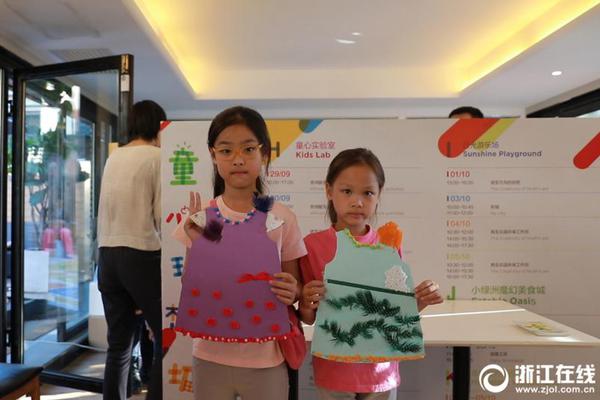 Chan Zuckerberg Initiative has committed $45 million to two political causes
Chan Zuckerberg Initiative has committed $45 million to two political causes
 And now, a pleasant conversation about fall foliage
And now, a pleasant conversation about fall foliage
 East West Players Names New Board Members
East West Players Names New Board Members
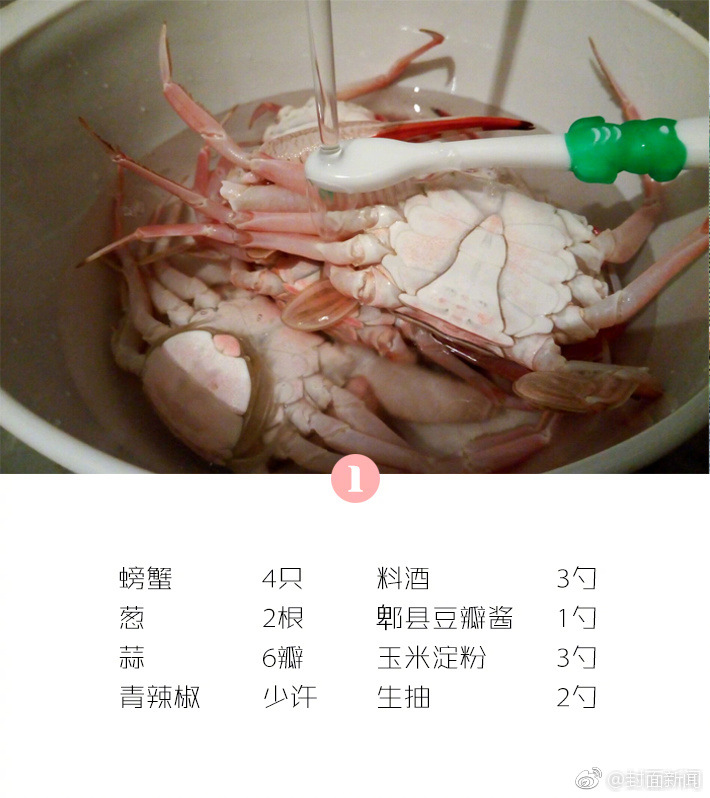 Ewok the owl is overwhelmed by his first day of freedom
Ewok the owl is overwhelmed by his first day of freedom
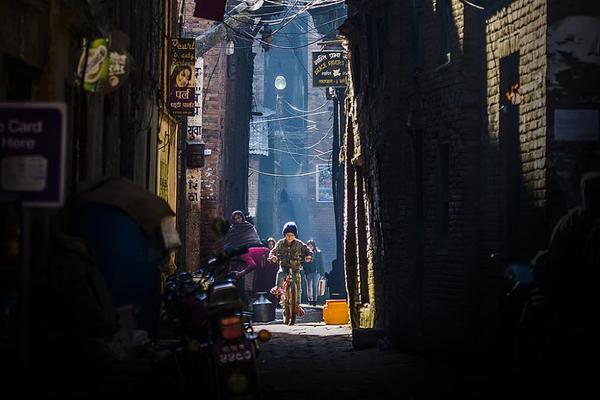 Forget his nipples, Mario's penis was revealed decades ago
Forget his nipples, Mario's penis was revealed decades ago
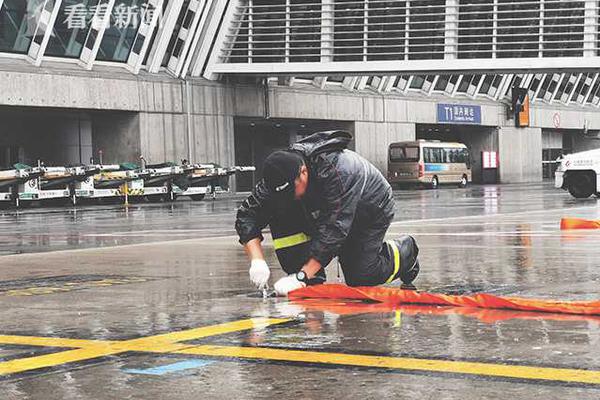 Michael Phelps won't tell me what Boomer's being for Halloween
Michael Phelps won't tell me what Boomer's being for Halloween
 Nanka Yamaguchi Kenjinkai to Celebrate New Year
Nanka Yamaguchi Kenjinkai to Celebrate New Year
 Tinder, Happn can be hacked to pinpoint your location
Tinder, Happn can be hacked to pinpoint your location
 WLA UMC to Screen Romantic Comedy
WLA UMC to Screen Romantic Comedy
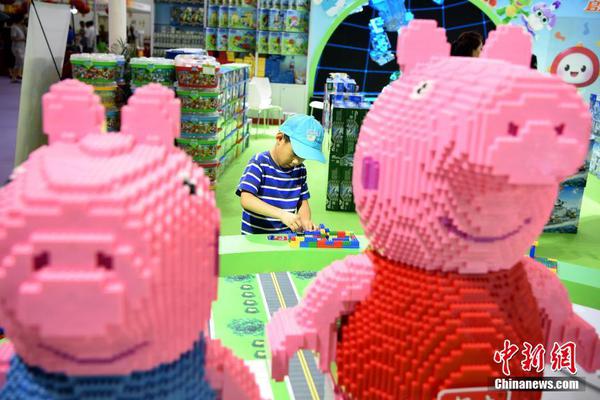 Cher was a big fan of Kim Kardashian's Cher Halloween costume
Cher was a big fan of Kim Kardashian's Cher Halloween costume
 Tinder, Happn can be hacked to pinpoint your location
Tinder, Happn can be hacked to pinpoint your location
 The least attractive fashion trends revealed
The least attractive fashion trends revealed
 A Whirlwind of Activity for Ru Kuwahata Following Oscar Nod for Animated Film
A Whirlwind of Activity for Ru Kuwahata Following Oscar Nod for Animated Film
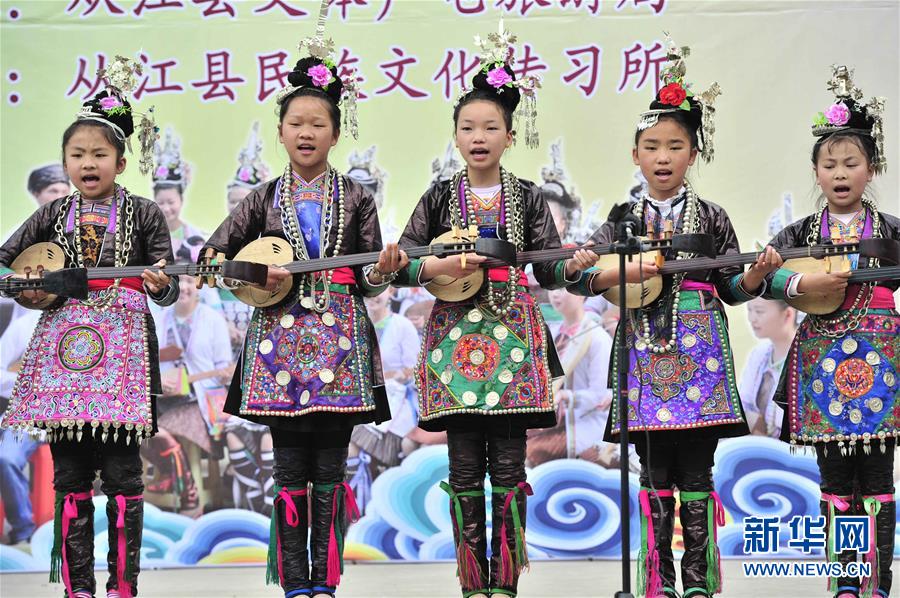 Bill O'Reilly sues for $5 million over #MeToo Facebook post
Bill O'Reilly sues for $5 million over #MeToo Facebook post
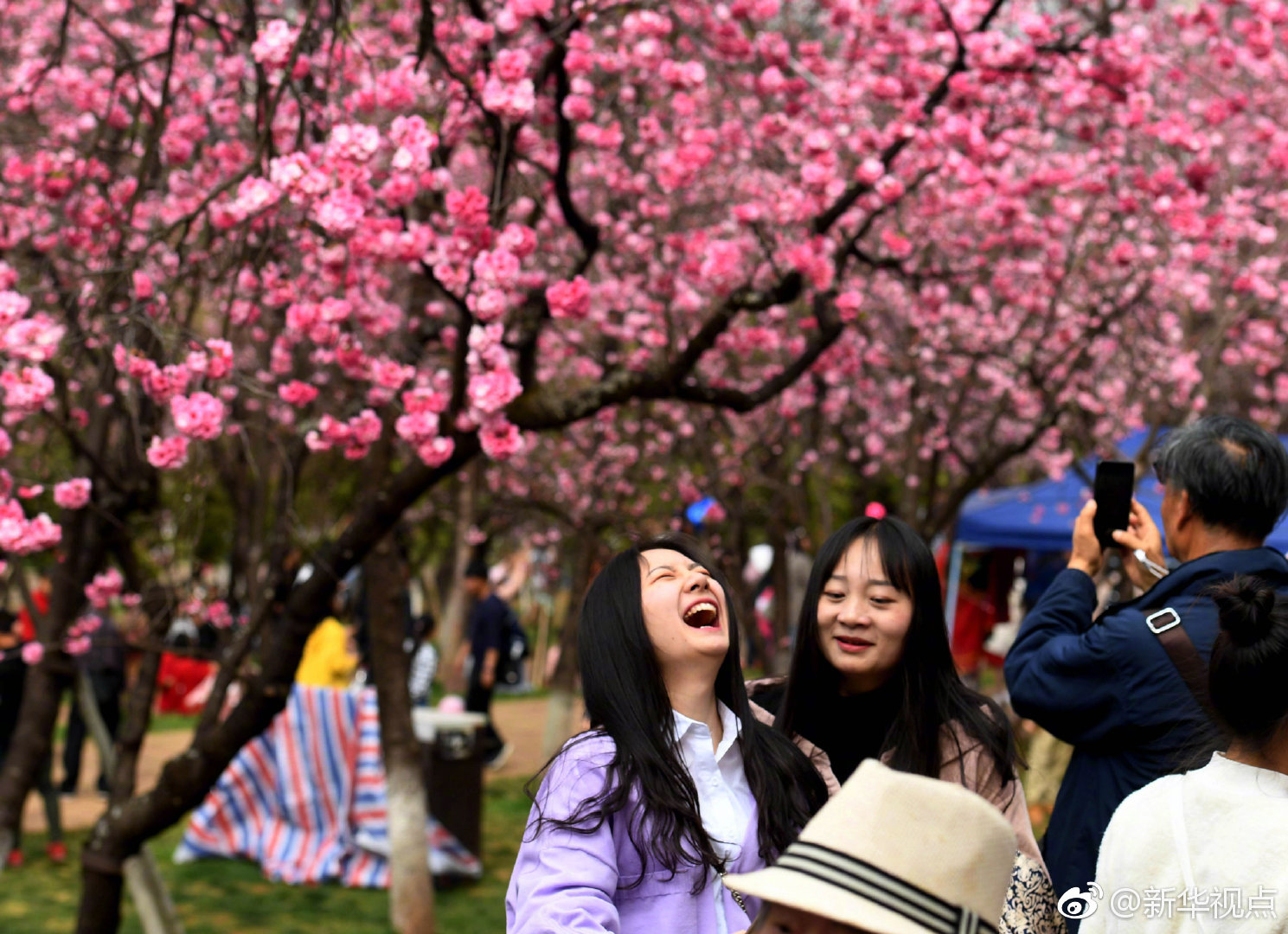 Poor deer stuck in a plastic pumpkin was saved by some dedicated people
Poor deer stuck in a plastic pumpkin was saved by some dedicated people
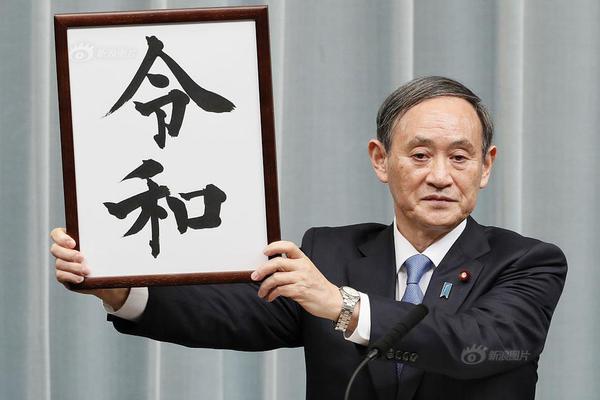 Fiona the hippo crashed a marriage proposal at the Cincinnati Zoo
Fiona the hippo crashed a marriage proposal at the Cincinnati Zoo
 UCLA Nikkei Student Union’s Cultural Night
UCLA Nikkei Student Union’s Cultural Night
 Tinder user bites back at terrible shark pick
Tinder user bites back at terrible shark pick
Infamous domain Loser.com redirects to Russian President Putin's Wikipedia pageAre enrichment toys actually good for your dog?What Fashion Week is like in the metaverseWhat does it take to bring a TikTok musical to life?Twitter asks: Are books just an aesthetic?Would a Tumblr girl ever buy this $68 'I <3 Tumblr' tee?TikTok commissions its first musicalDan Stevens' brutal takedown of Boris Johnson makes BBC presenters audibly gaspDan Stevens' brutal takedown of Boris Johnson makes BBC presenters audibly gaspMeet the fans who DM their favorite celebrities about their day The 15 best tweets of the week, including soup, Bruce Springsteen, and tax fraud How to set up a Disney+ 'GroupWatch' party Tesla holiday update turns cars into megaphones The best (and worst) pandemic moments from 2021 TV The best 4K streaming devices of 2021 Amazon's AWS is wreaking havoc on the internet again How to unlock TikTok's secret emoji codes What if the James Webb Space Telescope's sunshield doesn't deploy? How 'Book of Boba Fett' took us back to 'Return of the Jedi' OnlyFans' CEO has stepped down and appointed a spokesperson to replace him
0.1383s , 10008.046875 kb
Copyright © 2025 Powered by 【?? ?????? ??????? ???????? ????? ?? ?????】After Over 80 Years of Service, F.K. Nursery in Sawtelle Closes,Feature Flash